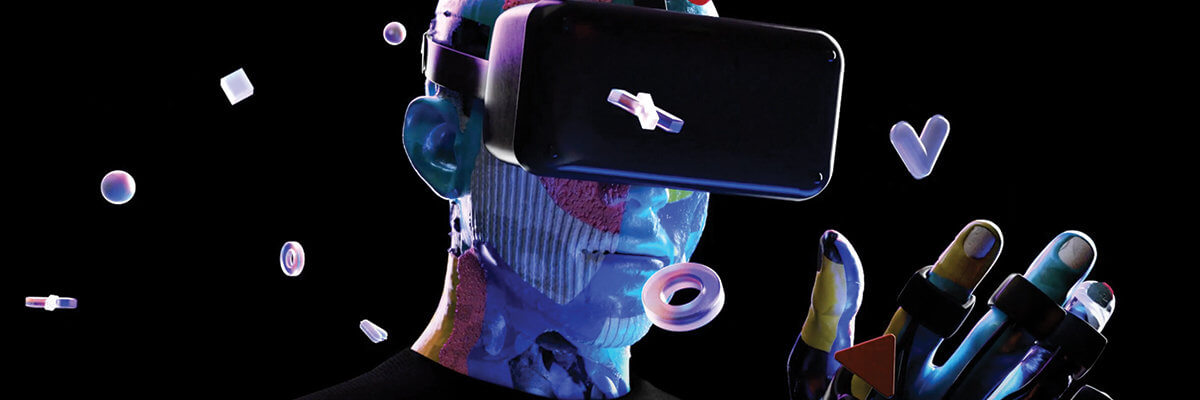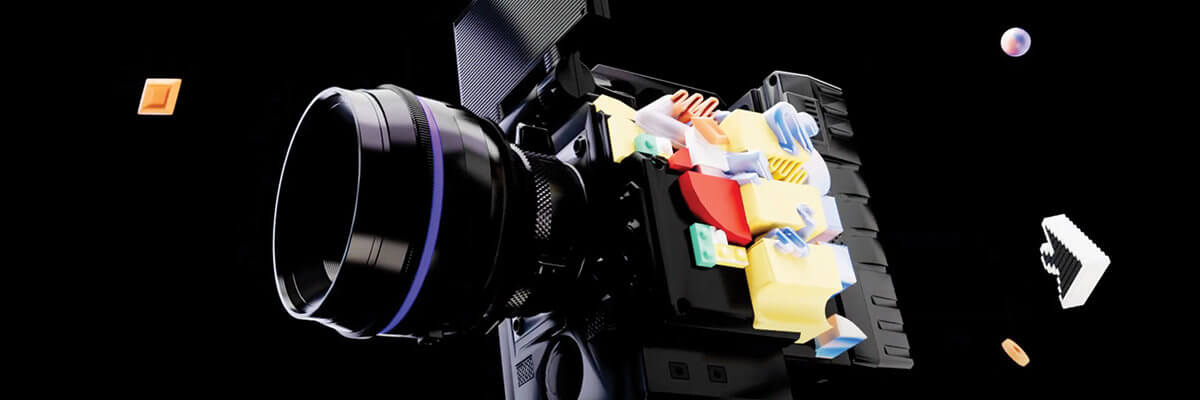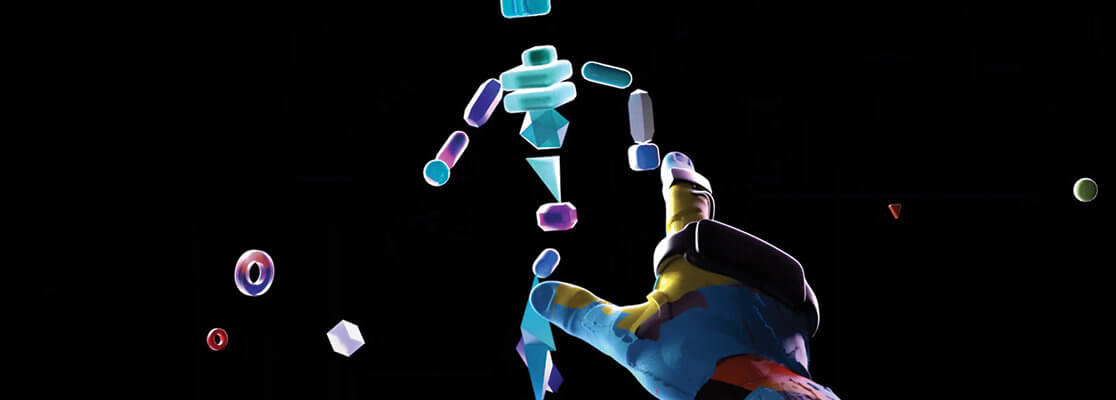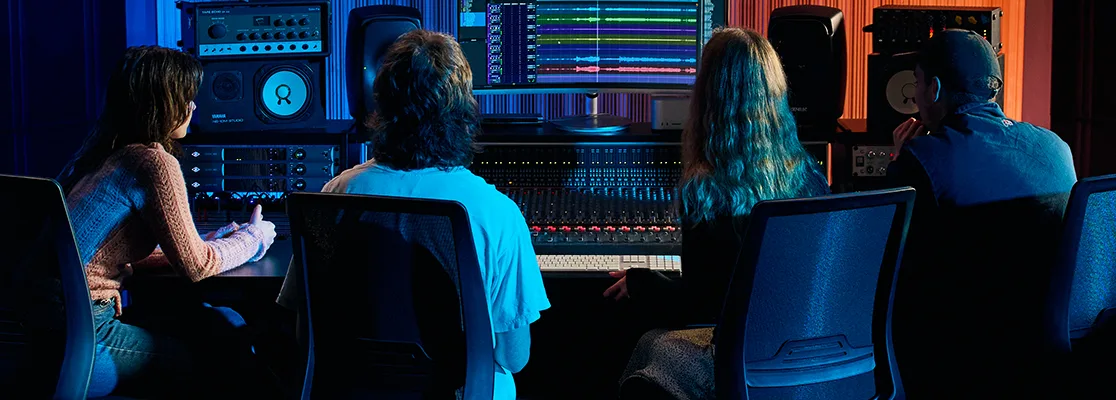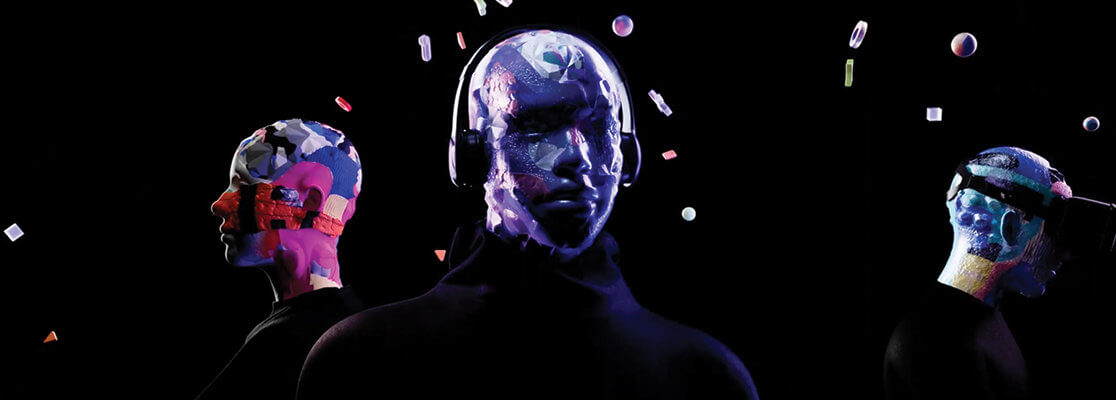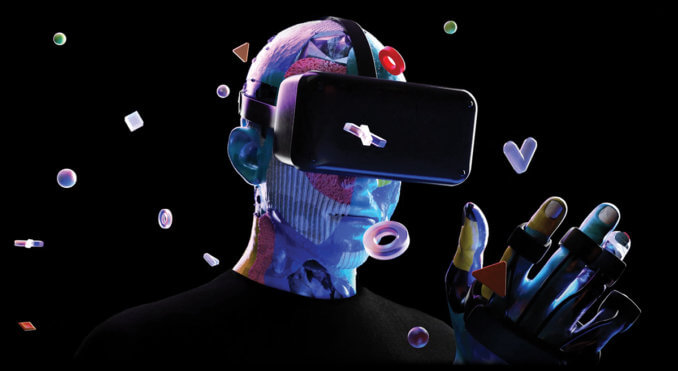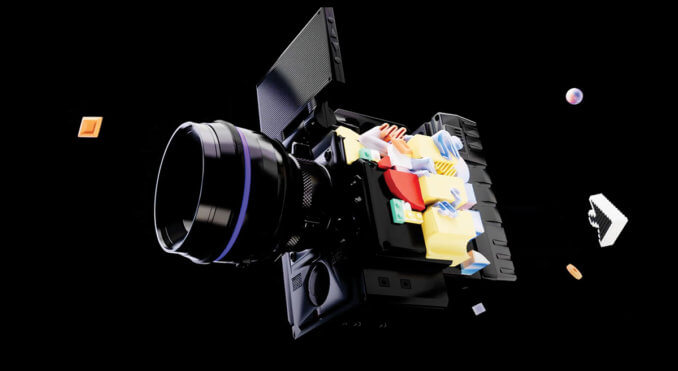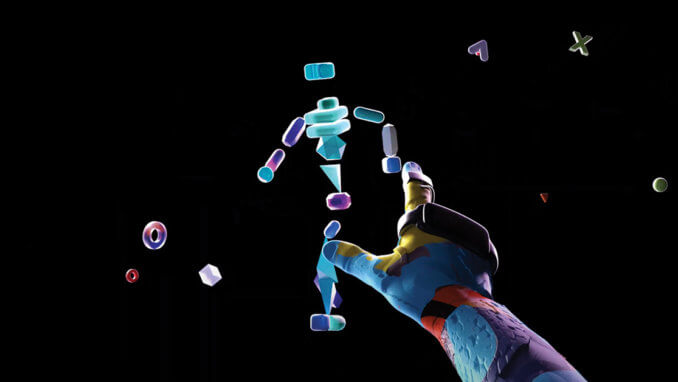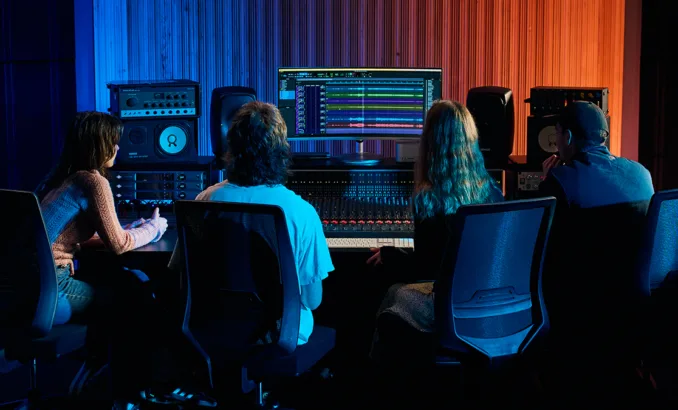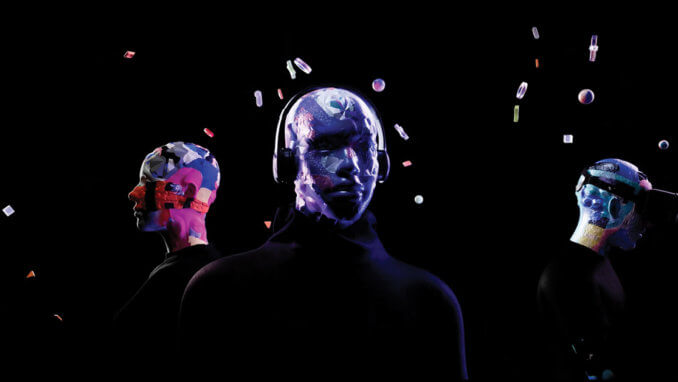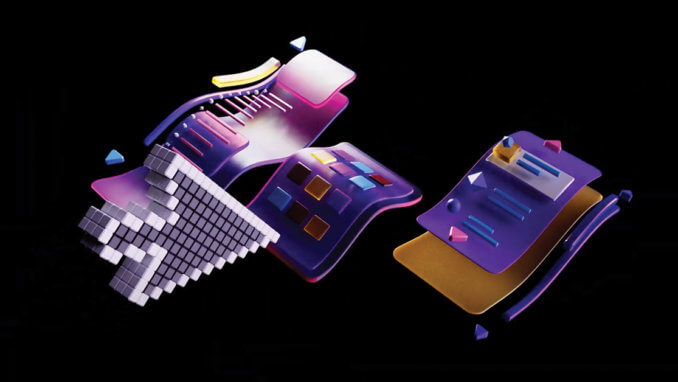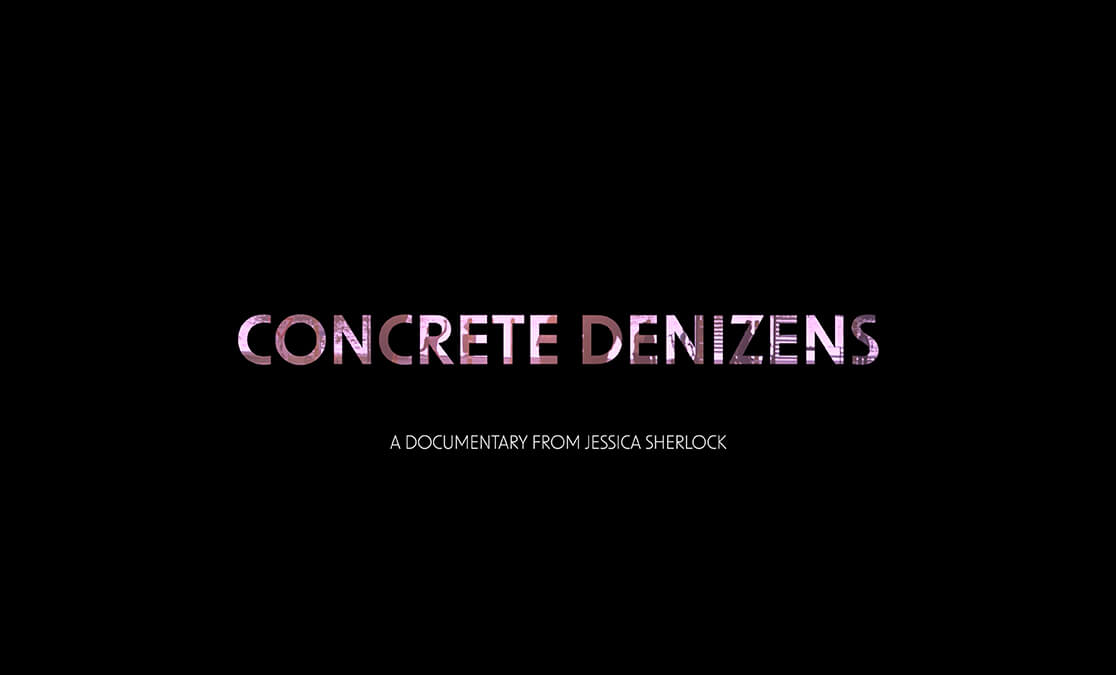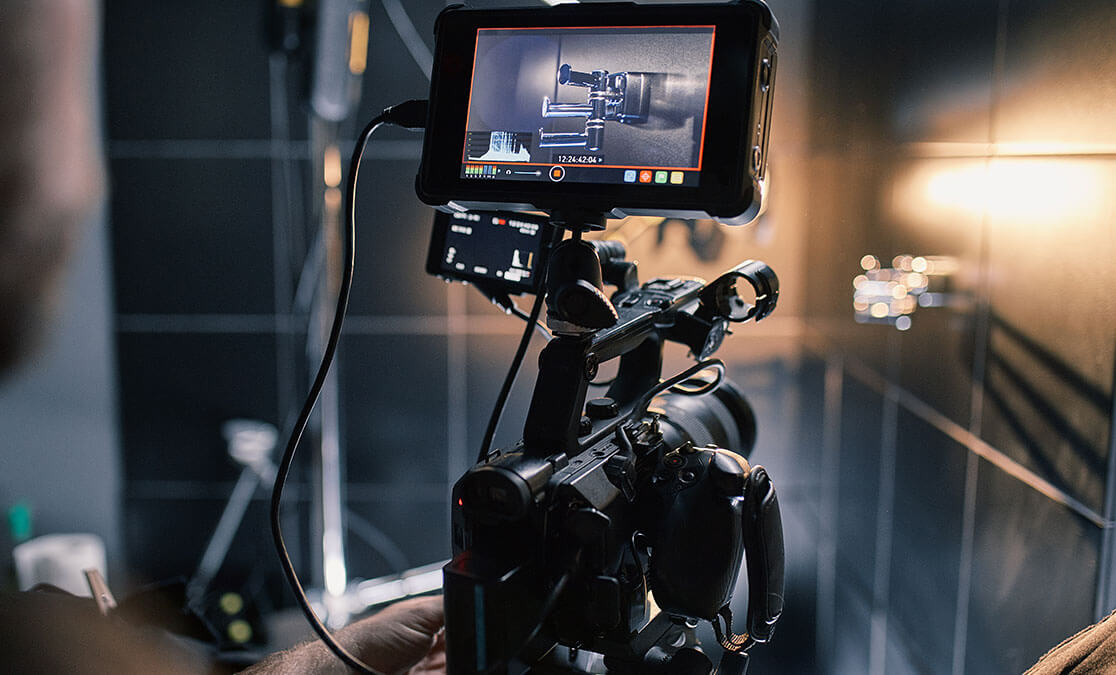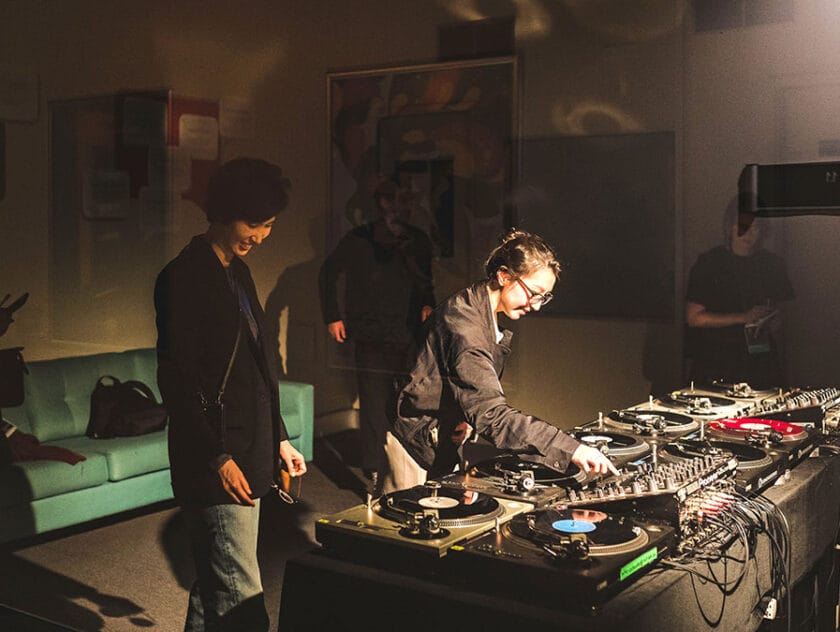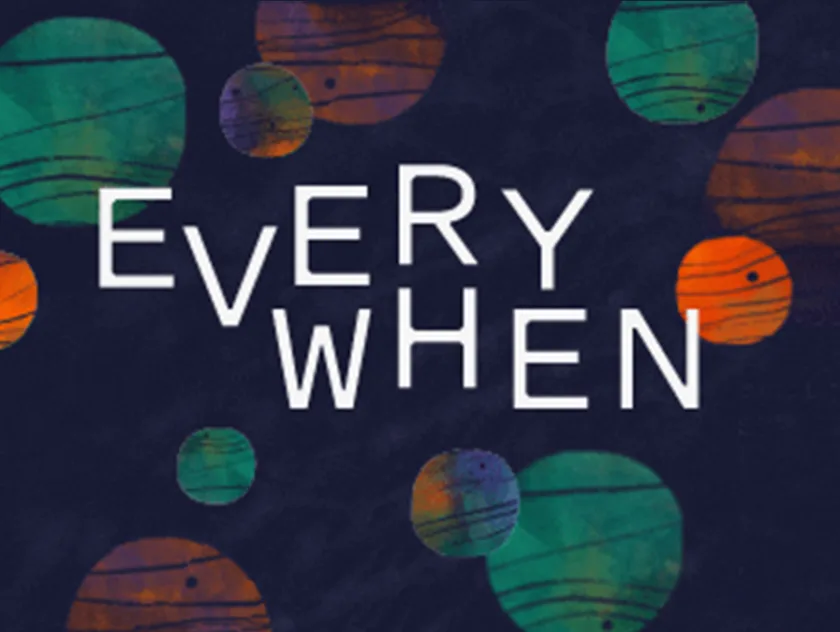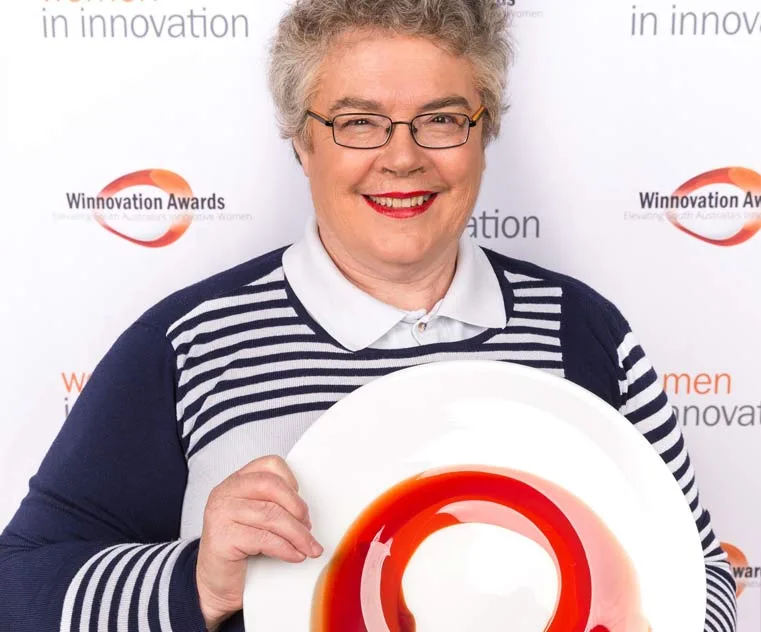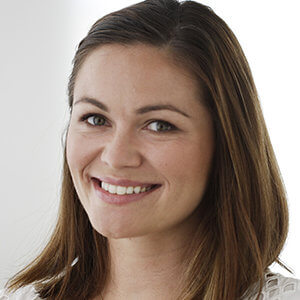
Jessica Sherlock believes in the power of films to provide a forum for social education. Our editor, Dominique caught up mid-trimester with the SAE film student and chatted about the documentary she made, Concrete Denizens.
Jess also spoke to Dominique about her role as a Support Officer with Bus Stop Films, a not-for-profit organisation that uses filmmaking to raise the profile of people living with disabilities. Jessica gained this position after two trimesters of study at SAE. She actively searched for the role she wanted – one that incorporated her experience with film and social work.
Jess is in her fourth trimester of study at SAE Brisbane, in the production stream of the Bachelor of Film.
ABOUT JESS
Dominique Quitoriano: How have you been finding the Bachelor’s degree?
Jessica Sherlock: I have really enjoyed studying at SAE. This is my second time round in tertiary education, as I previously studied social work. I lived overseas for a few years, and when I came back I wanted to try something more creative and completely new.
That’s when I explored studying film at SAE with the intention of incorporating film and social work together. I am interested in utilising film as a part of art therapy. Using film as community work and exploring different groups and social issues.
DQ: Where did you live and work overseas?
JS: I lived in Bristol, UK. I worked in a hospital setting, doing social work with elderly people, and those with dementia. I also organised and facilitated support services for this group.
DQ: What work are you doing outside your studies?
JS: I work for an organisation called Bus Stop Films. We support young adults who identify as having a disability, and we support them through a 12-month program where the objective is to make a film. We teach everything from story creation, learning about genres, post-production, editing and submitting films to festivals, and releasing them.
The program is NDIS-approved, and it’s great to see how much confidence is gained by participants as they move through the program. My job is to support people to express their creative ideas and engage in the program.
ABOUT THE STUDENT PROJECT
Dominique: What is your documentary project about?
JS: I am currently working on a documentary, Concrete Denizens. It explores the diverse culture of skateboarders in Brisbane, Australia. I have had many friends and contacts in the skate communities, in Australia and the UK, and I have always been interested in what the skateboarding community offers people. The sport has historically been considered this kind of delinquent sport, but I have had the privilege to see it from a different perspective; through people tied to its culture.
Over the last five years, so many more diverse groups have been participating in this subculture – including women, non-binary skaters, and trans skaters – and I wanted to explore this representation in Brisbane.
I reached out to skaters in Brisbane to find out what was under the surface in the city. I was put in touch with Indigo Willing, co-founder of We Skate Queensland. She has been a big influence. The organisation started up as a couple of women catching up and meeting at the skate park and it’s grown into 3K followers. It was also recently awarded a grant to run a project in anti-racism and represent First Nation and people of colour skateboarding.
DQ: What have you discovered during this process that has added to the original intention of the story?
JS: The main thing is as I have been interviewing the main three subjects, the women of this documentary, they all started to get into skateboarding in the last five years, they were one of maybe 1 or 2 women skaters at the parks they went to in Brisbane. The sport has evolved so much now – that the Skatewell Skateboard Coaching has so many participants applying to come in are young female skaters.
I originally thought the Olympics inspired the surge in interest and while that has increased the visibility of female and non-binary skaters, what has come out of the interviews is the increase in commercial branding and skate videos featuring women and non-binary/trans skaters.
There has been a huge increase in adult learners as well, challenging the age stereotype that you have to be young to get into a board sport.
DQ: Who are you working with on this project?
JS: We are a crew of 4 people. I am the director and producer of the project. I worked with Matthew Johnson and Kyle Wheeler, who functioned as directors of photography, cinematographers and camera operators. We also have Lindsay Sultana who functioned as the location sound and the editor.
Our lecturer, Nicole McCuaig has guided us through this process. For a lot of us, it’s our first time approaching a documentary. We have come from trimesters of looking at narrative, film and short film. It’s a really new process looking at documentaries. In documentary filmmaking, you work with and are collaborating with real people. You lose a lot of creative control during this process as compared to other filmmaking but you gain a lot in other ways as well.
DQ: What are the highlights of this project and working in documentary filmmaking?
JS: I really love documentary filmmaking. I started out studying film because I wanted to make documentaries. There is so much power in talking to people about their story and I don’t think it’s just about the end product that comes out. To me, it’s like a form of social education, raising awareness of the participants in something – like skateboarding – who aren’t typically seen on screen or in magazines, there is power in that. There is a therapeutic element in the process, in talking to people and collaborating with people and allowing some space to share stories.
Another highlight has been the response and reactions of the people involved with We Skate Queensland. Everyone was so enthusiastic and helped with the project. I think they also recognise what they have created deserves to be documented and therefore celebrated.
DQ: What are the most challenging parts of making documentaries?
JS: In comparison to short narrative films, where you get to do a lot of planning around how the shots are going to look and storyboard the whole thing. In the end, you know how it’s going to turn out.
Whereas in documentary filmmaking, you don’t have that until you sit down with all the information from interviews and the B-rolls. You plan it in post-production and that’s really challenging in a way because you feel like you have lost a little control over it.
So for me, it’s been a huge learning curve, but in a good way. Learning to trust the process.
STUDENT FILM-MAKING TIPS
DQ: How will you work with Lindsay, who studies in the post-production stream of film at SAE?
JS: I will sit down with all the footage and create a paper edit. This is where you pretty much map out the film. So you pick out the bits on the interview you want in sequential order. You pick out the bits you want, and the visual you want to accompany what you are hearing from the interviews. So you’re kind of drawing a map of what it looks like. I will provide that to Lyndsey and he’ll put that together for me.
Then we will sit in the editing suite, have a look at that, see how it flows then we will make readjustments here and there – based on how it’s feeling and how it’s flowing.
It’s a process of trying something and seeing how it feels.
We were really lucky because we got a lot of beautiful footage from two talented film students, who provided us with a lot to choose from.
DQ: Can you provide some top tips for SAE students?
JS: With SAE, you definitely get out of it what you put into it.
There are so many opportunities for you to learn more if you are constantly curious. And even if you know exactly what you want to do and know your field, there is so much value in learning other parts of your field.
Ask questions of people around you – even if it’s not directly related to what you are doing because I think the broader the knowledge that you have will make you a better and more skilled practitioner.

